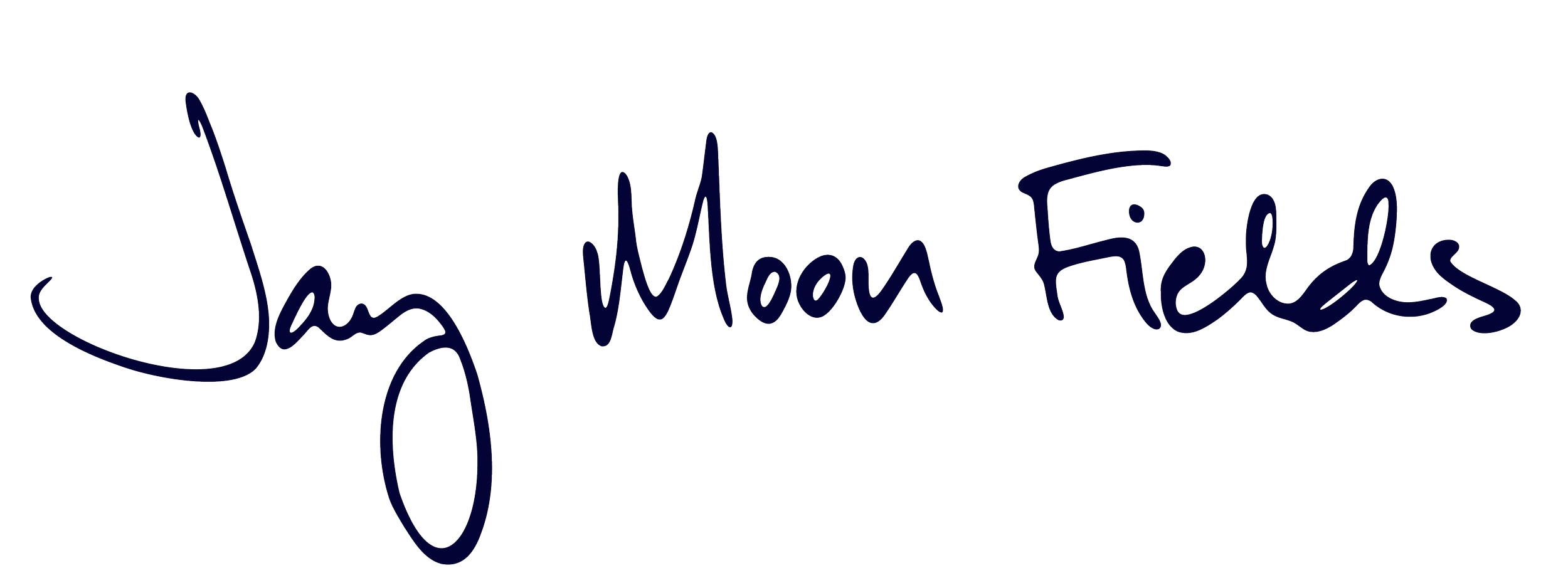How to embrace not knowing
When I was a kid I gave a stranger who had asked me for directions the wrong directions. On purpose.
It had nothing to do with malice, I was just completely unwilling to show him that I didn’t know the answer to his question.
As he walked off with a slim chance of finding his destination, I felt bad, and only slightly because he’d have to ask another person for help to right his search.
I mostly felt bad because he’d figure out I didn’t know what I was talking about.
How easy it would have been to simply say, “I don’t know.” At least theoretically. But by that point in my dozen years on this planet I already had decided that not knowing something was bad and I wanted to hide it.
It’s not the not knowing itself that makes us want to avoid it, though. It’s the consequences we associate with not knowing.
Last week two clients brought up this theme of not knowing.
One who recounted how she watched herself in her first week at a new job wanting to provide answers to her team about things she didn’t know yet because she was still learning the ropes of her role and the company.
The other talked about being chosen as the point person to launch a new internal system that hadn’t had the bugs worked out, and how uncomfortable she was anticipating that she would be seen by her colleagues as not knowing enough to make the launch smoother than it would inevitably be.
Both felt embarrassed that they couldn’t more comfortably lean into curiosity and collaboration because they not only valued those qualities in a leader, but they also liked themselves better when they showed up in that spirit.
But the compulsion to know it all and fix it all was just so strong!
So I asked each of them to consider what the consequences of not knowing had been when they were younger.
One spoke of how filled with chaos her home had been growing up, and that knowing and certainty were her protection from feeling swallowed by chaos.
The other said that being smart in her family meant that she got praised, and that not knowing felt like being discarded or like she didn’t belong.
For me, being a good person meant being able to help other people and take away their discomfort, and if I couldn’t do that by, say, knowing how to give someone the directions that would help them find what they were looking for, I felt like a bad person.
So think about it: If you associate not knowing with things like feeling swallowed by chaos or not belonging or not being a good person, doesn’t it make sense that you’d try to avoid it?
But the tricky part is that not knowing something doesn’t make it true that you’re swallowed by chaos or don’t belong or are a bad person. It just feels that way.
And to be clear, it feels that way to a younger version of you who didn’t have the resources to manage those feelings when they first appeared.
So if you also feel compelled to know it all, even in situations that no rational person would expect you to have all the answers, it can be very useful to think back and consider: What were the consequences of not knowing when you were young?
When you have that answer, try offering some empathy to yourself: “If that’s what I think not knowing means, then of course I try to avoid it!”
Then pat yourself on the back and thank yourself for how adaptive and smart you were for adopting the role of knowing it all.
And the next time you panic because someone asks you something that you don’t know how to answer, remind your sweet nervous system that it’s ok that you don’t know. The consequences it associates with not knowing aren’t real.
If you do this, you can release yourself from the compulsion to need to know. And instead, you can lean into curiosity and collaboration.
In this way, you make yourself available for connection—not just to another person or people, but to reality. And that makes you more capable in every way, even in your not knowing.
If you want to receive articles like this from me in your inbox, sign up for my newsletter!
